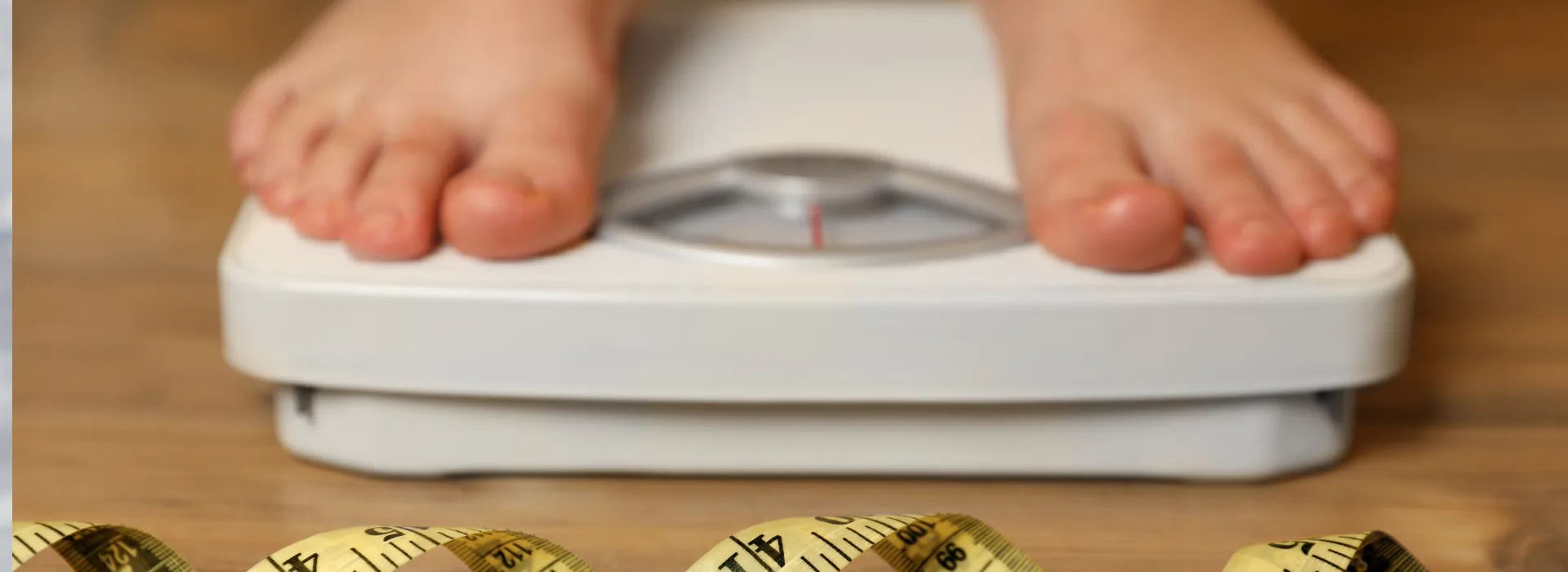Contents

Weight loss surgery
Also known as bariatric surgery, is sometimes confused for liposuction, in which fat is removed from the body. Liposuction is a cosmetic surgery in which weight returns after a few months. It is ineffective for weight-loss. Bariatric surgery on the other hand offers effective, safe and lasting weight loss procedures for patients who will commit to long-term lifestyle changes, including diet and exercise. The Australian Medical Association states there is only a very limited role for pharmacological treatments (medicines) for obesity. They have found that bariatric surgery is an effective measure for long term reductions in weight and improved health outcomes. The Australian Institute of Health and Well-being is the Australian government’s medical statistics agency. They have found that weight loss surgery in Australia is typically sought for:- Treating obesity (68% of the time)
- Adjusting and managing implanted devices such as a gastric band (13.1%)
- Revisional surgery for a complication of other internal prosthetic devices, implants and grafts (8.3%)
- Treating type 2 diabetes mellitus (6.5%)
- Post procedural disorders of the digestive system (0.6%)
- Other diagnoses (3.2%)
Latest Guidelines (2022) recommended by American Society for Metabolic and Bariatric Surgery (ASMBS) and The International Federation for the Surgery of Obesity and Metabolic Disorders (IFSO) -
- Metabolic and Bariatric Surgery (MBS) is recommended for individuals with a body mass index (BMI) >35 kg/m2, regardless of presence, absence, or severity of co-morbidities.
- MBS should be considered for individuals with metabolic disease and BMI of 30-34.9 kg/m2.
- BMI thresholds should be adjusted in the Asian population such that a BMI >25 kg/m2 suggests clinical obesity, and individuals with BMI >27.5 kg/m2 should be offered MBS.
- Long-term results of MBS consistently demonstrate safety and efficacy
Individuals with obesity
- Medical research has established that bariatric weight-loss surgery is safe and usually results in 20–30 kg weight loss for those with obesity. That’s 20–30% body weight for those with a BMI greater than 35 kg/m2.
- Many people are aware that some individuals who undergo bariatric weight-loss surgery may regain a portion of their lost weight. In fact, it is common for about 15% of a patient's maximum weight loss to be regained, typically starting around two years’ post-surgery. However, on an average, patients maintain their initial weight loss for a decade. Those who struggle to lose weight often do so because they have not adhered to the prescribed post-surgery diet. It’s important to understand that it is not the surgery that has failed the patient; rather, it is the patient that has failed the surgery.
Individuals with morbid obesity and other weight-related conditions
Adults
Weight loss surgery is the most effective treatment for morbid obesity. In fact, weight loss surgery is the only treatment offering both significant and sustained weight-loss. That’s because dieting and exercise are very limited in their long-term effectiveness once morbid obesity has set in. Weight loss surgery leads to greater weight-loss, remission of type 2 diabetes and metabolic disorder as compared to non-surgical treatments.Youth
Morbidly obese adolescents can also benefit from substantial weight-loss and the resolution of weight-related conditions from bariatric weight-loss surgery. Children can also benefit from significant and sustained weight-loss due to weight-loss surgery, but they are at a greater risk for serious complications. Parents and guardians should note that children and adolescents may be sensitive to discussions about weight if they have been teased or bullied. Talk to a trusted bariatric surgeon to clear all your doubts and start your journey towards health and well-being.Feeling sick and unsure why? Speak with a GP online in 15 minutes.
See a Doctor now
Available 24/7, across Australia.
Feeling sick and unsure why? Speak with a GP online in 15 minutes.
See a Doctor now
Available 24/7, across Australia.
What we treat
- Cough
- Nausea & vomiting
- Fever
- Hayfever
- Fatigue
- Sore throat
- Acne
- Hair loss
- Gout
- Eczema
- Rosacea
- Sunburn
- UTI
- Erectile dysfunction
- Contraception
- Morning sickness
- Morning after pill
- Prostate health
- Anxiety
- Depression
- Stress
- Grief & loss
- Antidepressants
- Premature ejaculation
- Asthma
- Blood pressure
- Blood thinners
- Diabetes
- Cholesterol
- Migraines & headaches
- Allergies
- Body ache
- Heartburn & reflux
- Sleep disorder
- Pain relief
- Gastro
Related Articles
Hangover And The Heart: Effects Of Excessive Drinking On The Human Body
December 10, 2025Diet/Lifestyle
How Drinking Excessive Alcohol Affects Your Health Written by Sai Pragna Chagarla, Staff Writer ÔÇô...
Disclaimer
This blog is for general informational purposes only and does not indicate that Hola Health provides all treatments or preventive measures mentioned. It is not intended to be a substitute for professional medical advice. Always seek the guidance of your doctor or other qualified health professional with any questions you may have regarding your health or a medical condition. For emergencies please immediately contact 000. Any medical topics discussed are intended to educate, not to imply availability through Hola Health.
 Facebook
Facebook  X
X  Copy Link
Copy Link



